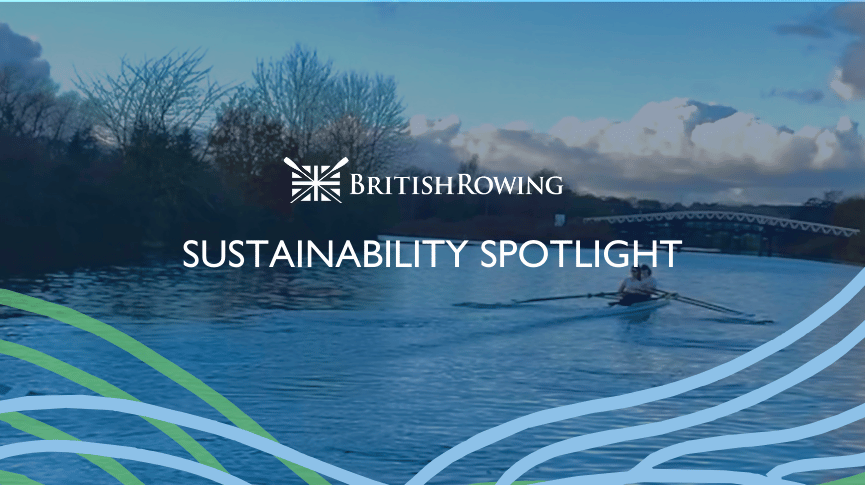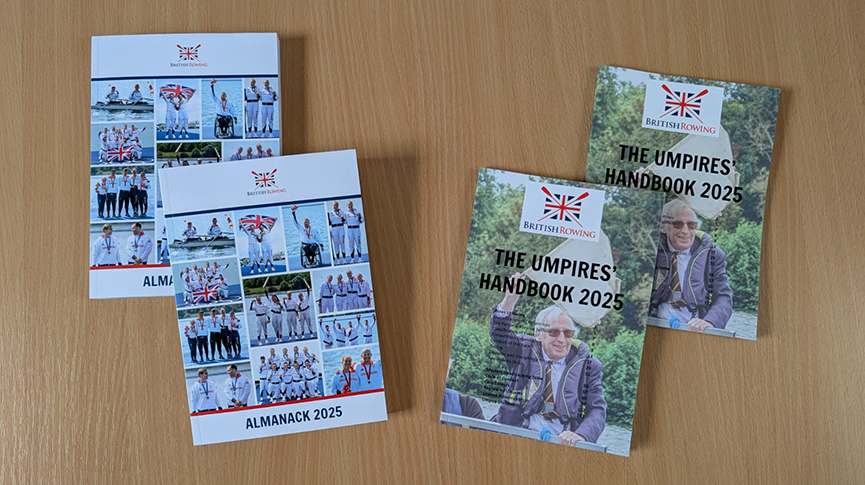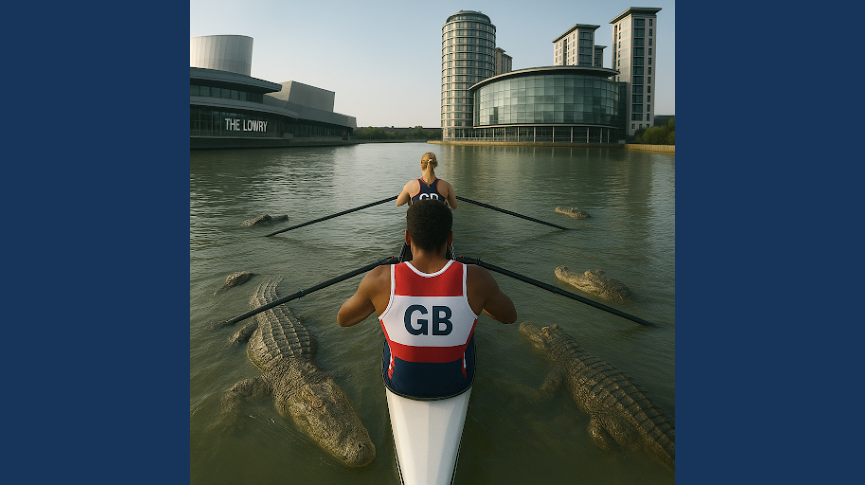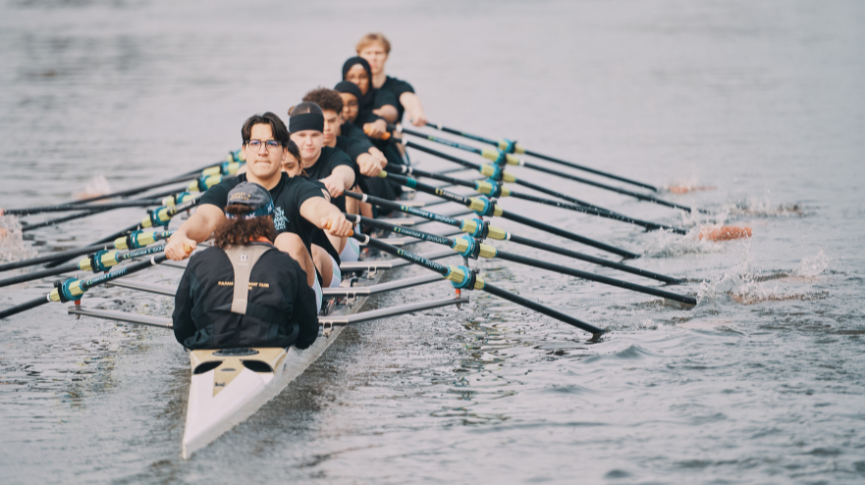‘The days of throwing some boats and equipment on a trailer are sadly long gone’
Planning on going abroad for training camp? GB Rowing Team Coach James Harris recently towed a trailer to Portugal and shares his top tips for a successful trip and camp!
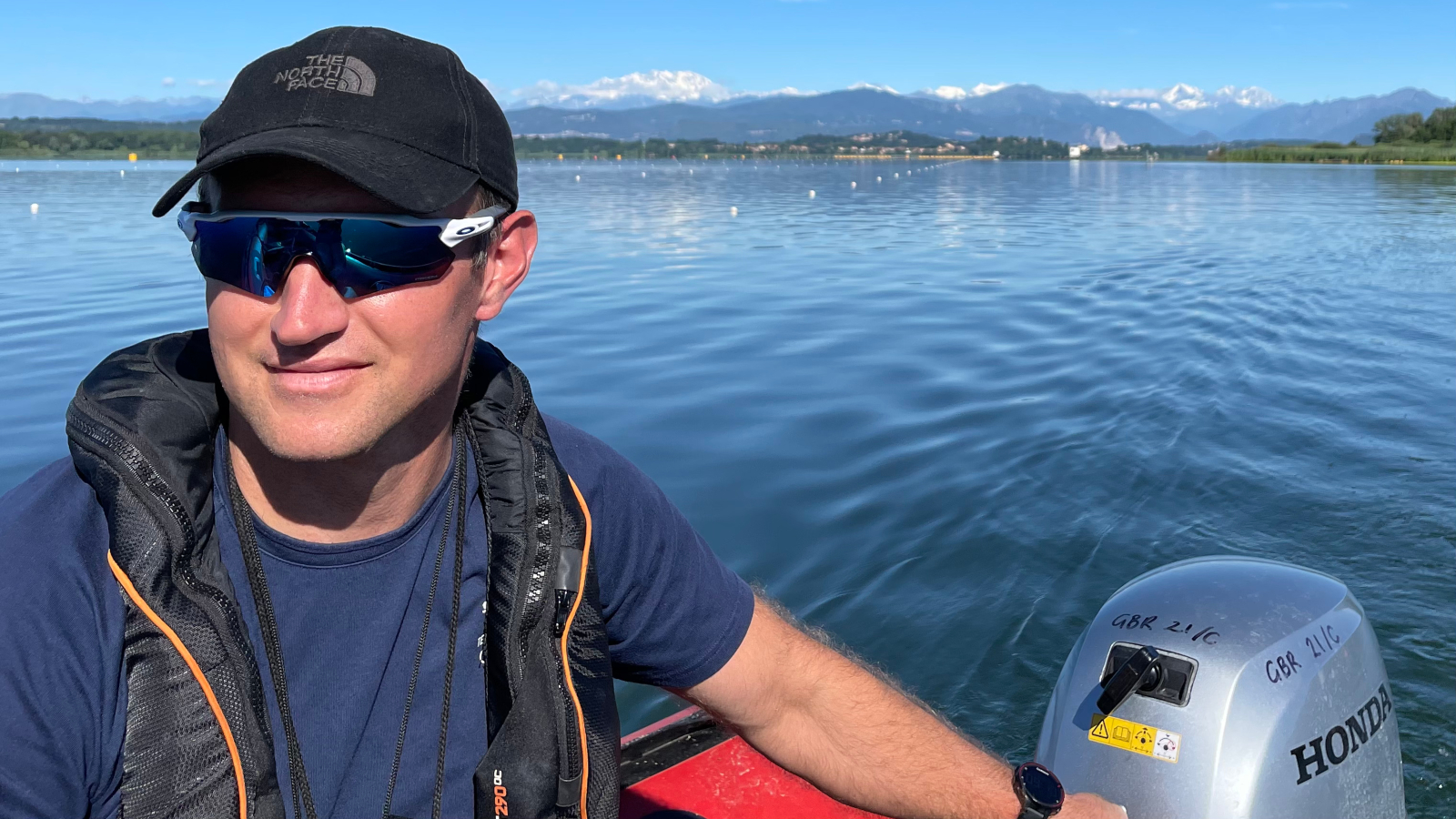
If you are preparing for the trip to Europe then the days of throwing some boats and equipment on a trailer are sadly long gone. The carnet requirements dominate camp-loading planning in respect of temporary import. Around 10 days before camp, our GBRT resources manager Maurice Hayes will be chasing for us to confirm what boats and equipment we will be loading. This means we need to finalise the camp programme and objectives in respect of boat types, liaise with the venues regarding what we have there eg. gym equipment, and planning this on the load. Values and serial numbers are all required!
A couple of small, but practical points – plan your trailer load to avoid, or have the minimum of overhang. Make sure boats on the lower rack are not in danger of being ‘pinched’ by the towing truck as you position at hotels for parking, or when you turn around if you get lost or park in tight spaces at your final destination.
COVID-19 is thankfully becoming less of an issue, and we are adapting to ‘living with it’ in the UK, notwithstanding the health of the elite athlete. COVID has dominated planning for camps, more so than Brexit! Until very recently, drivers were required to take a PCR or lateral flow test 72 or 48 hours respectively.
Another challenge has been the fast and constantly unpredictable changing COVID rules across different European countries we drive. We are very fortunate at British Rowing to have our programme manager for logistics, Andy Rae, who is constantly monitoring the changing rules and requirements for travel.
Every club should find someone to act as ‘COVID Officer’ to perform this largely internet task. It’s very clear to us that the EU is a number of months behind the UK in living with COVID. On our most recent trip, as soon as we landed in Calais, COVID passes and mask-wearing were mandatory everywhere indoors – including motorway services. At our recent camp in Portugal one of our women came within a hair’s breadth of missing the flight due to the COVID app not being properly installed on her phone, and she was sent for a COVID test pre-boarding.
The most relevant and specific impact of Brexit on our equipment transportation has been the requirement to present ourselves to the UK inland border at Sevington, 30 mins from Folkestone, and then again at Calais. Here we present the Carnet for inspection, offer our load for inspection (not happened yet) and subject ourselves to the left hand/right hand contradiction between the UK and France of how we should complete our sections of the ATA Carnet. The process can take hours, but on our most recent trip to Portugal we were held an hour in the UK, and 40 minutes in Calais – a short time record, but do allow time for this! It takes as long as it takes.
“With two coaches driving, we will always plan driving days that don’t go outside 7am to 7pm”
Once on the road in Europe (inevitably, and initially, France for all of us) expect the roads to be as quiet and as well maintained as ever, but the costs to be high! Tolls and fuel at the peages are at record levels. On the way to Portugal we found that fuel in France is nearly 2 euros a litre and, sadly, this significantly adds to haulage costs.
We always plan our driving route to where we expect to get to and where we stay. As rowing coaches we’ll be driving to the camp and then expected to carry out our coaching duties to a high standard, and so we always plan to arrive at the camp not overly fatigued. With two coaches driving, we will always plan driving days that don’t go outside 7am to 7pm. In respect of the choice of overnight stops, the practical and secure parking requirement dominates and we have several tried and trusted venues we do our best to stick with. In terms of how long the journey takes, it’s best to add 15 minutes per hour to whatever Google says, when driving with a truck and trailer.
In the COVID era – especially in France – we opted for Airbnb facilities rather than chancing the higher chance of becoming exposed to the virus in roadside hotels and then taking it into camp. These have worked brilliantly, are comparable or even cheaper than the traditional hotel chains and often give much easier, safer and secure parking. On our most recent trip our truck and trailer for the women’s camp was secure behind the gated driveway of a detached house – although the reversing tested our skill levels and gave us a challenge!
Summary
To sum up, plan the trip, allow generous time windows for the border and add 15 minutes per hour for your time on the road. Plus, take cancellation insurance on anything you book, but do book! More information on towing rowing trailers to the EU can be found here.
If you are driving the trailer and are a coach, then make sure you arrive refreshed and ready to perform your main job – coaching!


